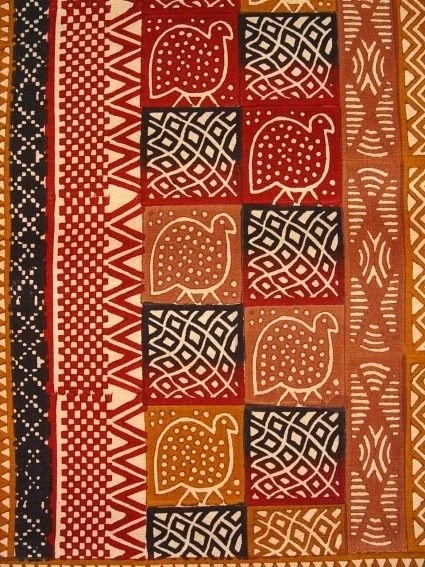TAKATAKA:
THINGS FALL
INTO PLACE
With the support of Grand Challenges Canada, the SameSame team is helping young people in Zimbabwe discover who they are, fight depression and anxiety, and find joy — no matter who they are, no matter who they love. Under the name TakaTaka, we’re sharing empowering stories, boost access to identity-affirming support and creating bridges to on-the-ground services.
THE CONTEXT
Gender and sexual minorities face significant stigma and discrimination in Zimbabwe. Private, consensual homosexual activity is criminalised. It is illegal for someone assigned male at birth to dress in feminine clothing. Transgender people are unable to have their gender identity legally recognised, and there is little to access to gender-affirming care. As a result, LGBTQI+ individuals suffer from mental health challenges at far higher rates than their peers. A 2019 study found that over 50% could be classified as depressed, over 37% were found to be suffering from moderate to severe anxiety, and over 50% disclosed harmful use of alcohol.
-
SameSame has received funding and technical support from the Global Mental Health team at Grand Challenges Canada to build and test a ‘proof of concept’ of our WhatsApp chatbot. With the support of the Patrick J McGovern Foundation and Twilio.org, we’re building new features for this launch too — including a Reinforcement Learning system and a ‘Daily Affirmation’ service.
-
Through the course of this project, we’ll be measuring reductions in the severity of symptoms of self-stigma and depression using standardised clinical tools. These measures will help us understand how well we’re supporting the mental health and wellbeing of LGBTQI+ youth in Zimbabwe. In addition to what we’re measuring ourselves, we’re working with partners on-the-ground to drive access to a range of services — from face-to-face counselling to HIV testing and treatment, legal support to entrepreneurial training.
-
We’re working with LGBTQI+ organizations from across Zimbabwe, including Hands of Hope in Harare and the Sexual Rights Centre in Bulawayo. With their help, we’ve also established youth advisory panels that help direct and shape all of our work in the country




